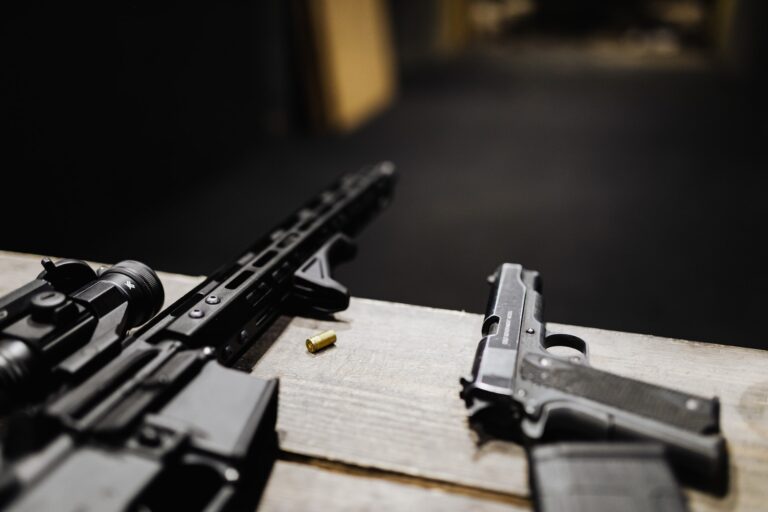Gun laws in Ecuador are highly regulated and restrictive, with the primary aim of maintaining public safety and reducing the number of illegal firearms in circulation. This article explores the various aspects of Ecuador’s gun laws, including the process of obtaining a gun license, penalties and enforcement, public opinion, and commonly found guns in the country.
Can you legally own a gun in Ecuador?
Yes, citizens and legal residents of Ecuador can legally own guns for self-defense, hunting, and sport shooting purposes. However, gun ownership is heavily regulated, and individuals must meet specific requirements and obtain a license before purchasing and owning a firearm.
How do you obtain a gun license in Ecuador?
To obtain a gun license in Ecuador, individuals must meet the following requirements:
- Be at least 18 years old
- Have a clean criminal record
- Complete a psychological evaluation
- Pass a firearms training course
- Provide proof of a legitimate reason for owning a gun (e.g., self-defense, hunting, or sport shooting)
- Pay a licensing fee
Once these requirements are met, the individual can apply for a gun license through the Ecuadorian Ministry of Defense. Upon approval, the license holder is allowed to purchase and possess a firearm. However, the license must be renewed every three years.
What are the penalties and enforcement for breaking gun laws in Ecuador?
Breaking gun laws in Ecuador can result in severe penalties, including fines, imprisonment, and confiscation of firearms. Some common violations and their corresponding penalties include:
- Illegal possession of a firearm: 3 to 5 years imprisonment
- Carrying a concealed weapon without a permit: 1 to 3 years imprisonment
- Selling firearms without a license: 3 to 5 years imprisonment
- Using a firearm to commit a crime: Up to 25 years imprisonment
Ecuadorian law enforcement agencies, including the National Police and the Armed Forces, are responsible for enforcing gun laws and conducting regular checks on licensed gun owners to ensure compliance.
What is the public opinion on guns/firearms in Ecuador?
Public opinion on guns in Ecuador varies, with some people supporting stricter gun control measures to reduce crime and violence, while others argue for the right to self-defense and the need for responsible gun ownership. However, overall, Ecuadorians tend to support the current gun laws and recognize the importance of maintaining strict regulations to promote public safety.
Which guns are commonly found in Ecuador?
The most common types of guns found in Ecuador include:
- Pistols and revolvers for self-defense and sport shooting
- Shotguns for hunting
- Rifles for hunting and sport shooting
Automatic weapons and military-grade firearms are strictly prohibited for civilian use in Ecuador.
What are the rules regarding air rifles and airsoft guns in Ecuador?
Air rifles and airsoft guns are considered firearms in Ecuador and are subject to the same licensing requirements and regulations as traditional firearms. This means that individuals must obtain a license to purchase and possess air rifles and airsoft guns, and their use is restricted to designated shooting ranges and private property.
How many guns are owned per capita and what are other gun statistics in Ecuador?
According to the Small Arms Survey, there are approximately 400,000 privately owned firearms in Ecuador, which equates to about 2.6 guns per 100 residents. In comparison, the global average is 10.2 guns per 100 people. The majority of these guns are legally owned and registered, but there is a significant number of illegal firearms in circulation as well.
What helpful links, government laws, and resources are available regarding gun laws in Ecuador?
For more information on gun laws in Ecuador, the following resources may be helpful:
- GunPolicy.org – Ecuador: Provides a comprehensive overview of Ecuador’s gun laws and statistics.
- Ecuadorian Ministry of Defense: Official government website with information on gun licensing and regulations.
- Ecuadorian National Police: Offers information on law enforcement efforts to combat illegal firearms and promote responsible gun ownership.
